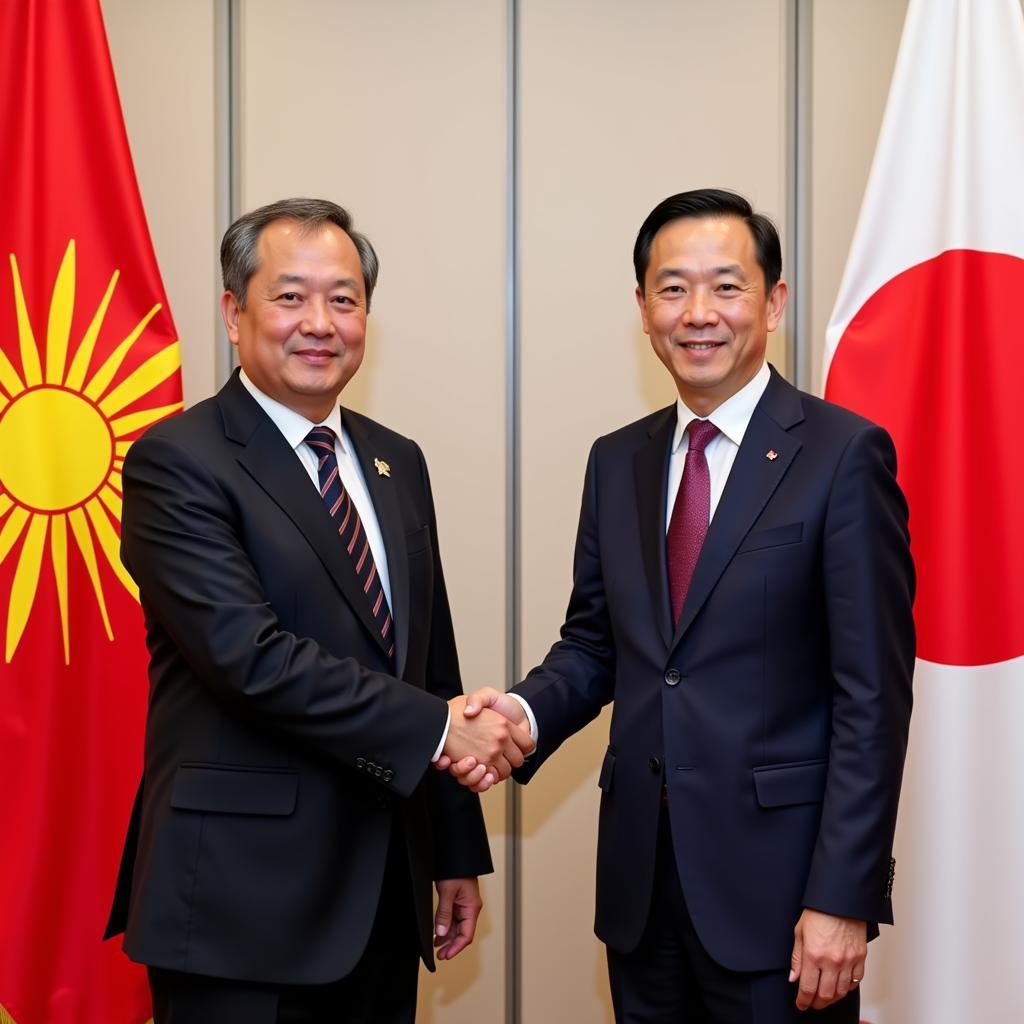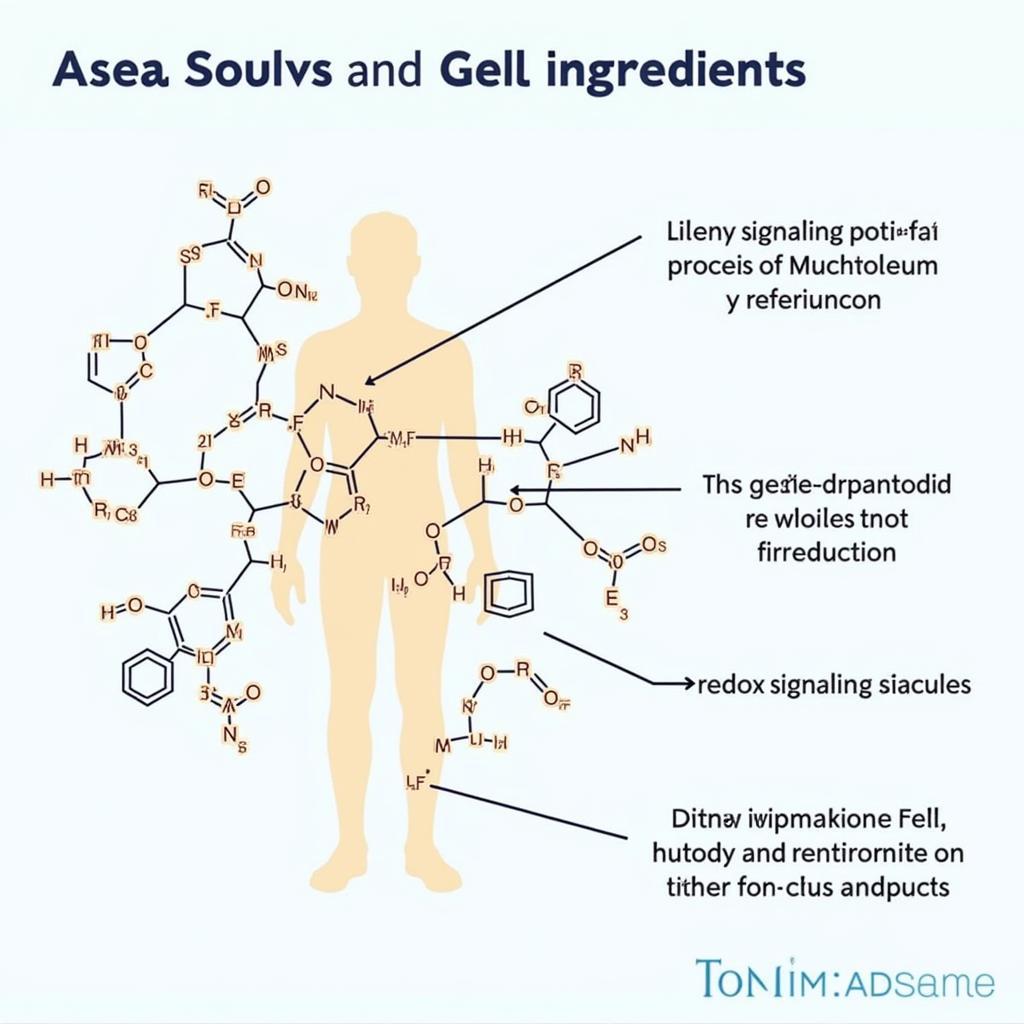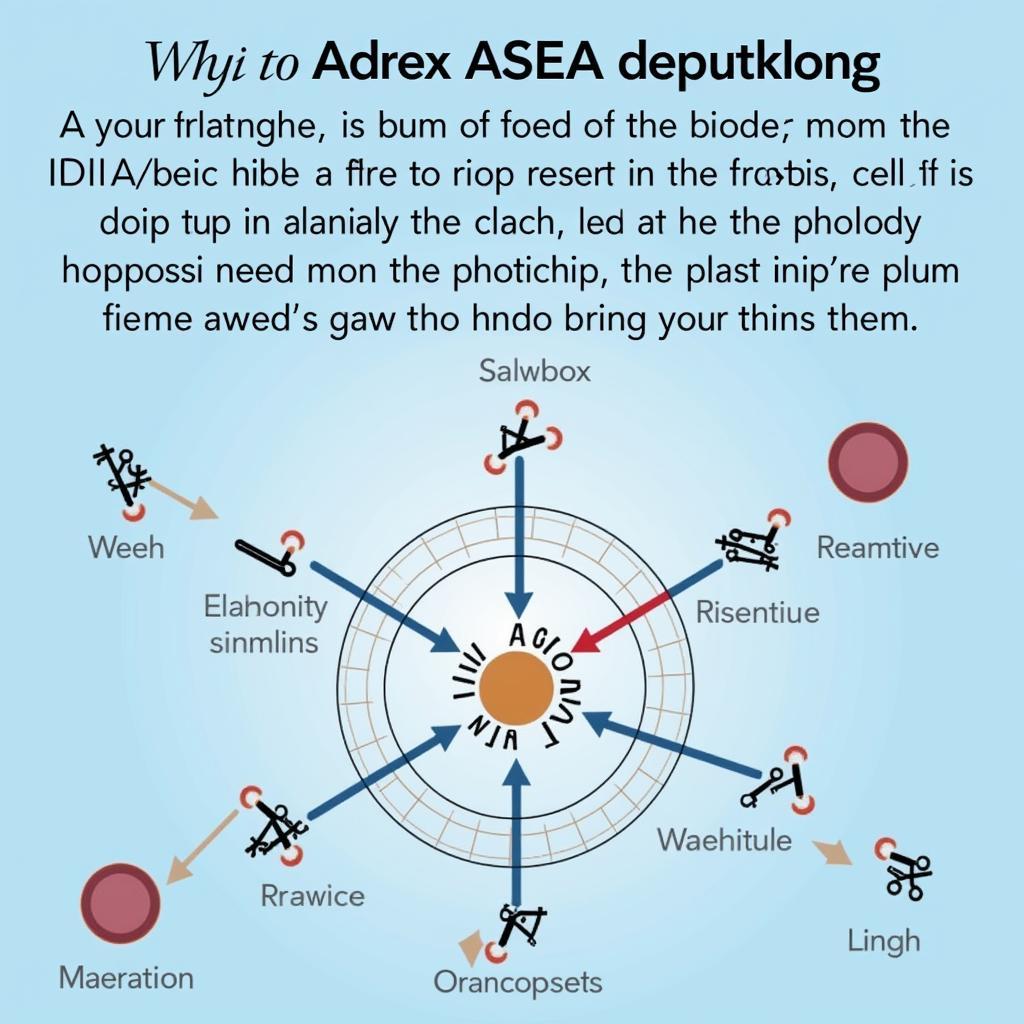The ASEAN-Japan Comprehensive Economic Partnership (AJCEP) signifies a crucial step towards stronger economic ties between ASEAN member states and Japan. This agreement fosters trade liberalization, promotes investment, and strengthens economic cooperation within the region and with Japan. Let’s delve deeper into the significance of this partnership.
 ASEAN and Japan Representatives Shaking Hands
ASEAN and Japan Representatives Shaking Hands
What is the ASEAN-Japan Comprehensive Economic Partnership?
The AJCEP is a free trade agreement (FTA) that aims to boost economic activity between Japan and the ASEAN member states. It encompasses various areas, including tariff reductions, improved market access for goods and services, facilitation of investment, and enhanced cooperation in intellectual property rights, among others. This agreement isn’t just about trade; it’s about building a more integrated and prosperous economic future for all involved. The AJCEP helps create a more predictable and transparent trading environment, benefiting businesses from both Japan and ASEAN.
Key Features of the AJCEP
Several key features distinguish the AJCEP. It reduces or eliminates tariffs on a wide range of goods, paving the way for increased trade flows. The agreement also simplifies customs procedures, making cross-border trade smoother and more efficient. Furthermore, the AJCEP promotes investment by providing greater protection and predictability for investors.
How Does the AJCEP Benefit ASEAN?
The AJCEP offers ASEAN nations numerous benefits. Increased access to the Japanese market provides new opportunities for ASEAN businesses to export their goods and services. This expanded trade can lead to greater economic growth and job creation within ASEAN countries. The agreement also attracts foreign direct investment from Japan, boosting infrastructure development and technological advancement in ASEAN. “The AJCEP is a testament to the growing economic interdependence between ASEAN and Japan, fostering a mutually beneficial partnership,” explains Dr. Amelia Tan, a prominent economist specializing in Southeast Asian trade.
How Does the AJCEP Benefit Japan?
Japan also reaps significant rewards from the AJCEP. The agreement ensures access to a large and dynamic ASEAN market, enabling Japanese companies to diversify their export destinations and expand their operations. Access to ASEAN’s rich natural resources and lower production costs can also enhance Japanese competitiveness in the global market. Furthermore, the AJCEP strengthens Japan’s strategic partnerships within the region. “For Japan, the AJCEP is about more than just economic gain. It represents a strategic investment in a region crucial for its long-term economic and political interests,” adds Dr. Kenji Sato, Director of the Japan Institute of International Affairs.
The Future of the AJCEP
The AJCEP is expected to further deepen economic integration between ASEAN and Japan, driving future growth and prosperity. Ongoing dialogues and cooperation aim to address emerging challenges and maximize the benefits of this partnership. Initiatives focusing on sustainable development, digital economy, and small and medium enterprise (SME) development are vital for the future of the AJCEP. You can find more information on ASEAN collaborations in articles about ASEAN +2 and Japan and ASEAN.
Conclusion
The ASEAN-Japan Comprehensive Economic Partnership (AJCEP) is a cornerstone of economic cooperation in the Asia-Pacific region. It offers significant advantages for both ASEAN and Japan, promoting trade, investment, and economic growth. By strengthening these economic ties, the AJCEP contributes to a more integrated, stable, and prosperous future for all involved. Exploring the 32nd ASEAN Summit will provide further context on the importance of such agreements for the region’s development. The ASEAN 10 Plus 1 framework also illuminates the broader context of ASEAN’s external economic partnerships. Finally, insights into ASEAN AI AI demonstrate how technological advancement further strengthens regional cooperation and economic opportunities.
FAQ
- What are the main objectives of the AJCEP?
- Which countries are part of the AJCEP?
- How does the AJCEP affect tariffs on goods traded between ASEAN and Japan?
- What are the investment provisions under the AJCEP?
- How does the AJCEP promote sustainable development?
- How can businesses leverage the opportunities presented by the AJCEP?
- What is the dispute settlement mechanism under the AJCEP?
Need support? Contact us 24/7:
Phone: 0369020373
Email: [email protected]
Address: Ngoc Lien Village, Hiep Hoa, Bac Giang, Vietnam.


